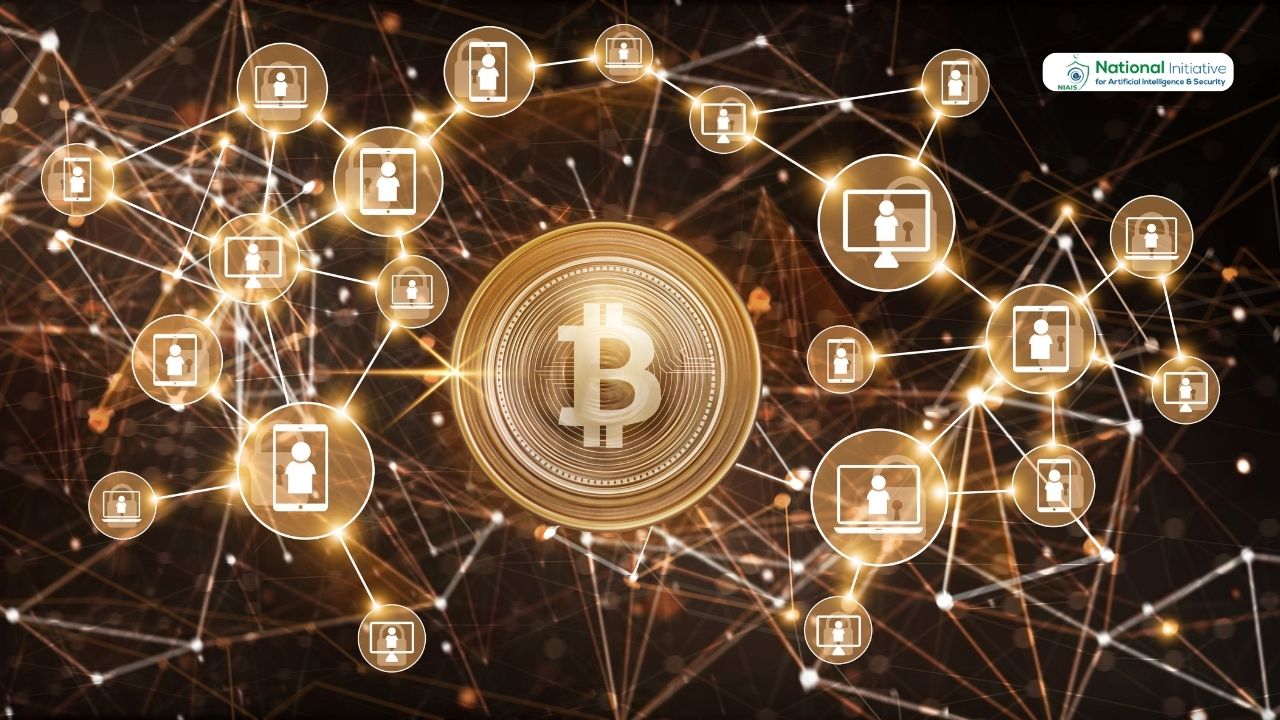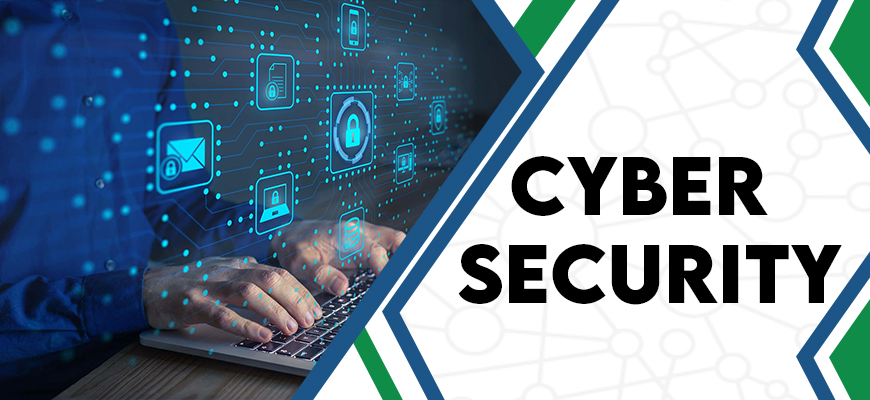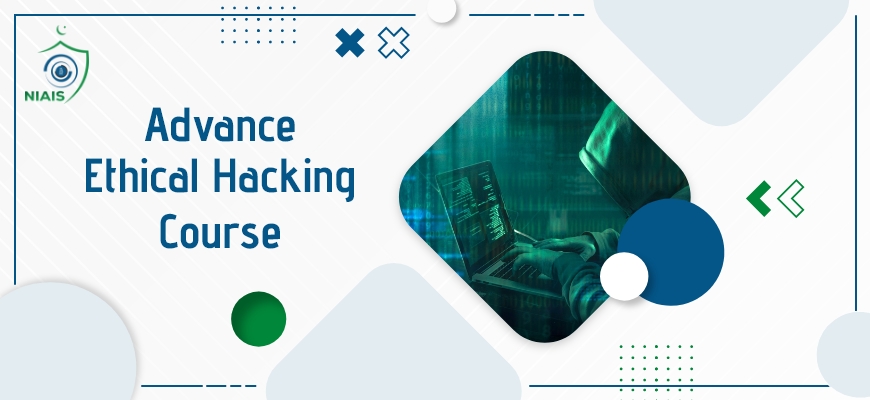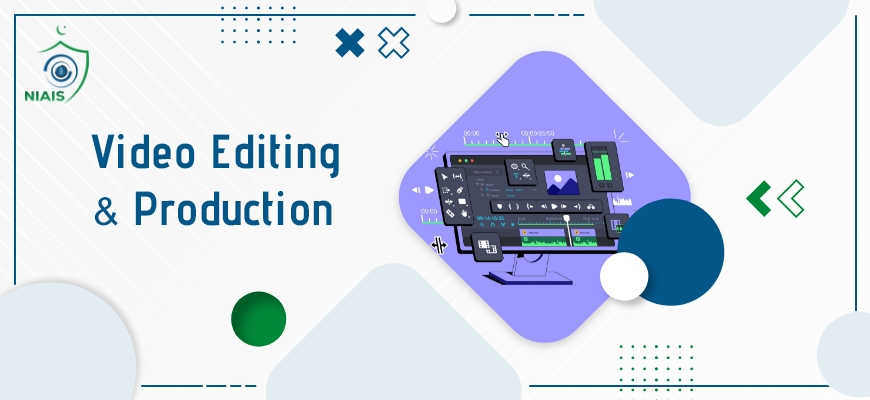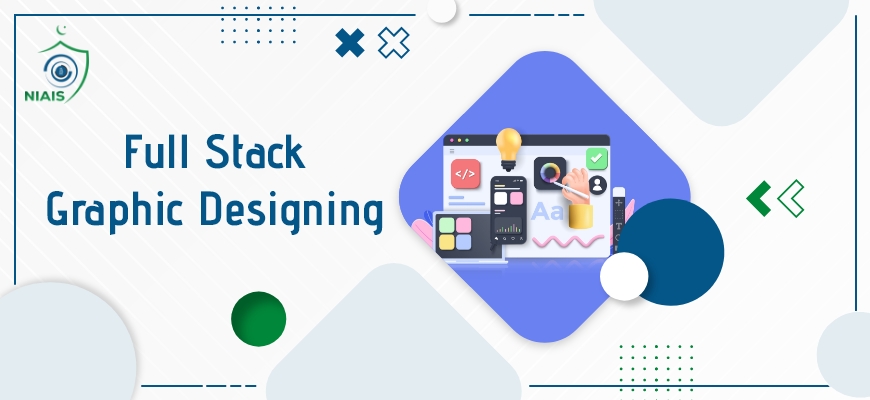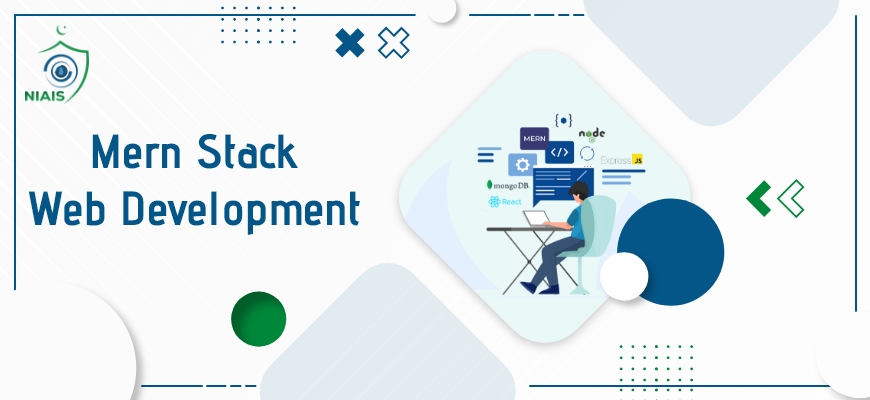Exploring Blockchain A Game-Changer in 2025
Understanding Blockchain Technology:
At its core, blockchain is a distributed ledger technology that enables the secure recording of transactions across a network of computers. Each transaction is grouped into a block, cryptographically linked to the previous block, forming a chain of blocks - hence the name "blockchain". This structure ensures that once a transaction is recorded, it cannot be altered or tampered with, ensuring data integrity and trust among participants.
Blockchain in 2025: Key Innovations and Applications:
1. Decentralized Finance (DeFi):
Blockchain has revolutionized the financial landscape through DeFi, which encompasses various financial services such as lending, borrowing, and trading without the need for traditional intermediaries like banks. In 2025, DeFi platforms have matured, offering increased accessibility, transparency, and efficiency in financial transactions. Smart contracts, self-executing contracts with the terms of the agreement directly written into code, automate these processes, reducing the need for manual intervention.
2. Supply Chain Management:
Blockchain technology enhances supply chain transparency and traceability by recording every step of the supply chain process on an immutable ledger. In 2025, supply chain networks leverage blockchain to track the journey of products from raw materials to the end consumer, ensuring authenticity, minimizing fraud, and optimizing logistics. This transparency fosters consumer trust and enables companies to respond swiftly to issues such as product recalls or supply chain disruptions.
3. Healthcare:
The healthcare sector in 2025 is leveraging blockchain to streamline processes such as medical record management, drug traceability, and patient consent management. Blockchain ensures the integrity and security of sensitive patient data while allowing interoperability among disparate healthcare systems. Patients have greater control over their health data, granting permission to healthcare providers or researchers securely and transparently.
4. Digital Identity:
Blockchain-based digital identity solutions are gaining traction in 2025 as a means to combat identity theft and fraud. Individuals can securely manage their digital identities, granting selective access to personal information as needed. This has implications across various sectors, including finance, healthcare, and government services, where identity verification is crucial.
5. Sustainable Energy:
Blockchain is driving innovation in the energy sector by facilitating the transition to decentralized and sustainable energy systems. In 2025, peer-to-peer energy trading platforms enable consumers to buy and sell excess renewable energy directly, reducing reliance on centralized energy grids and promoting sustainability. Smart contracts automate energy transactions, ensuring transparent and efficient energy trading.
Challenges and Future Outlook:
Despite its promising potential, blockchain technology still faces challenges such as scalability, interoperability, and regulatory hurdles. However, ongoing research and development efforts are focused on addressing these challenges to unlock the full potential of blockchain in 2025 and beyond.
In conclusion, blockchain technology is poised to revolutionize various industries in 2025, offering unparalleled transparency, security, and efficiency. As businesses and governments increasingly recognize its value, blockchain will continue to drive innovation, reshape traditional systems, and pave the way for a more transparent and decentralized future.

